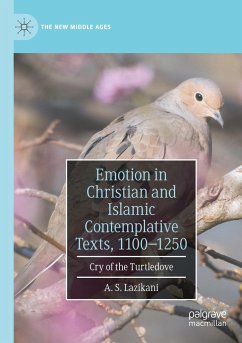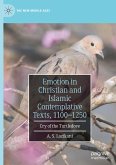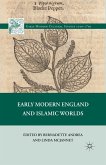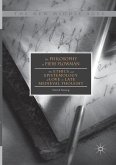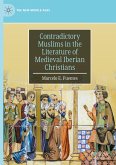This book offers a comparative study of emotion in Arabic Islamic and English Christian contemplative texts, c. 1110-1250, contributing to the emerging interest in 'globalization' in medieval studies. A.S.Lazikani argues for the necessity of placing medieval English devotional texts in a more global context and seeks to modify influential narratives on the 'history of emotions' to enable this more wide-ranging critical outlook. Across eight chapters, the book examines the dialogic encounters generated by comparative readings of Muhyddin Ibn 'Arabi (1165-1240), 'Umar Ibn al-Farid (1181-1235), Abu al-Hasan al-Shushtari (d. 1269), Ancrene Wisse (c. 1225), and the Wooing Group (c. 1225). Investigating the two-fold 'paradigms of love' in the figure of Jesus and in the image of the heart, the (dis)embodied language of affect, and the affective semiotics of absence and secrecy, Lazikani demonstrates an interconnection between thereligious traditions of early Christianity and Islam.
"Emotion in Christian and Islamic Contemplative Texts illustrates the interconnectedness between the religious traditions of early Christianity and Islam and proposes new lines of inquiry that often bypass the constraints of literary geography and chronology. ... The book would also benefit from a glossary of critical terms for the Christian and Middle English texts, and also of terms unfamiliar to those new to the study of Islamic mystical texts." (Adriano Duque, Speculum, Vol. 99 (4), October, 2024)

